President Bola Ahmed Tinubu of Nigeria arrived at Beijing Capital Airport on September 1, 2024, amid a lavish welcome as China hosts the Second Forum on China-Africa Cooperation (FOCAC) in Bali, Indonesia. This event marks the largest diplomatic gathering since the COVID-19 pandemic, attracting over a dozen African leaders eager to bolster economic and strategic partnerships with China.
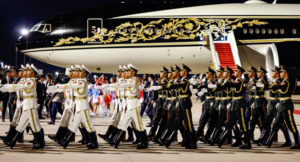
China’s commitment to Africa is evident through its extensive investment in infrastructure projects across the continent. Hundreds of thousands of Chinese workers are currently engaged in building highways, railways, and energy facilities, while Chinese firms exploit Africa’s abundant natural resources, including copper, gold, lithium, and rare earth minerals. Bilateral trade between China and Africa soared to $167.8 billion in the first half of 2024, positioning China as Africa’s largest trading partner.
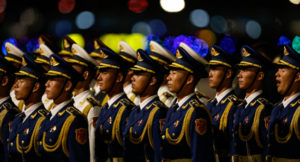
The FOCAC 2024 summit, scheduled from September 4-6 in Bali, Indonesia, serves as a pivotal platform for African nations to engage with China on mutually beneficial projects. Security measures are stringent, with Beijing ensuring the safety of all attending dignitaries. Banners proclaiming “China and Africa: Joining Hands for a Brighter Future” adorn major roads and public spaces, symbolizing the deepening ties between the two regions.
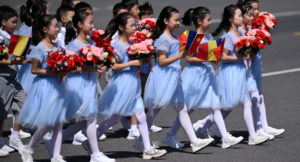
South African President Cyril Ramaphosa, who arrived on September 1, will engage in high-level discussions and visit Shenzhen, a hub of technological innovation. Trade between China and South Africa reached $38.8 billion in 2023, reflecting robust economic collaboration. Ramaphosa is expected to participate in a ceremonial wreath-laying at Tiananmen Square and attend a welcoming ceremony at the Great Hall of People, where multiple agreements aimed at enhancing economic and technical cooperation will be signed.
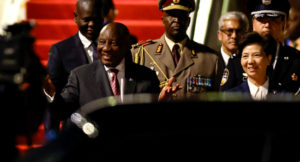
Chad’s President Mahamat Idriss Deby Itno and Democratic Republic of Congo’s President Felix Tshisekedi are also in Beijing, highlighting China’s strategic interest in Central Africa’s mineral wealth. Despite recent security challenges, such as the July militia attack in Ituri province that resulted in the death of four Chinese nationals, China remains steadfast in its engagement with the region.
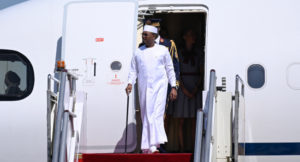
The FOCAC 2024 summit underscores the competitive landscape of global influence in Africa, with the United States closely monitoring China’s expanding footprint. Washington has voiced concerns over China’s growing economic dominance, cautioning against potential debt dependencies and geopolitical maneuvering. In response, African leaders are navigating a balanced approach to maximize benefits while safeguarding national interests.
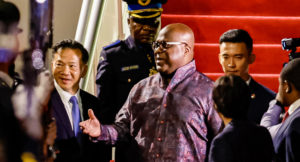
Chinese state media reports indicate a strategic shift as loans to African nations reached their highest levels in five years last year, predominantly favoring Angola, Ethiopia, Egypt, Nigeria, and Kenya. However, loan volumes are decreasing compared to the peak of nearly $30 billion in 2016, reflecting China’s cautious stance amid an economic slowdown. Research from the Chinese Loans to Africa Database reveals a trend towards lending through local banks, mitigating credit risks and fostering sustainable financial ties.
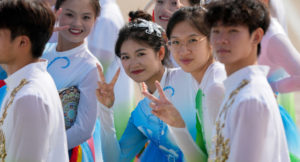
As FOCAC 2024 progresses, the outcomes of this summit are poised to shape the future trajectory of China-Africa relations, fostering enhanced cooperation in infrastructure, technology, and trade. African nations, leveraging their strategic partnerships with China, aim to drive economic growth and development across the continent, while navigating the complexities of global power dynamics.

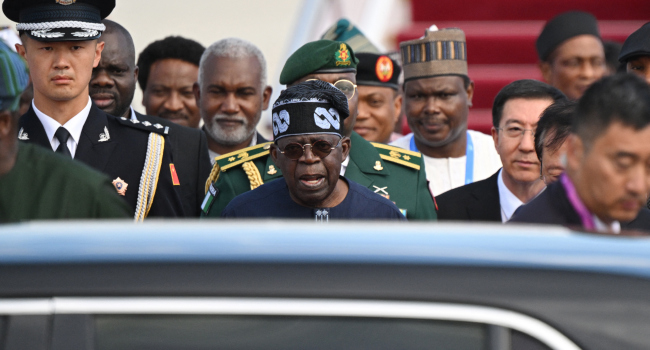


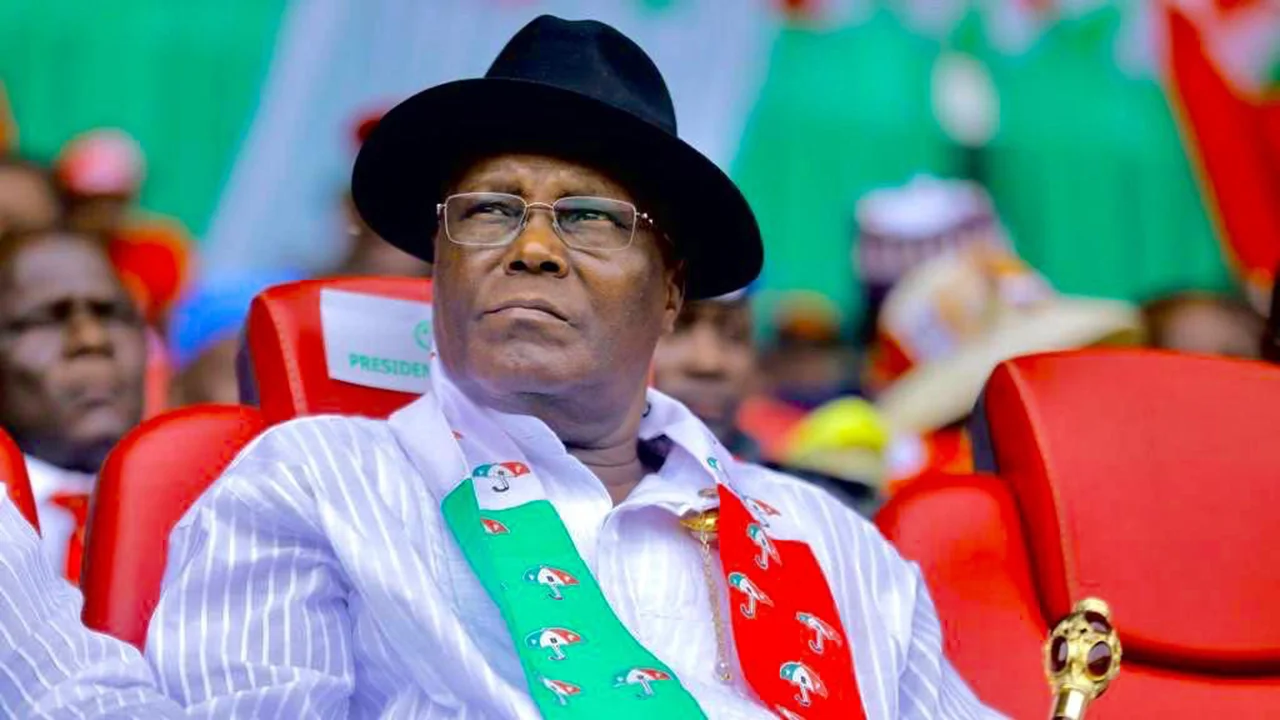
2 Comments